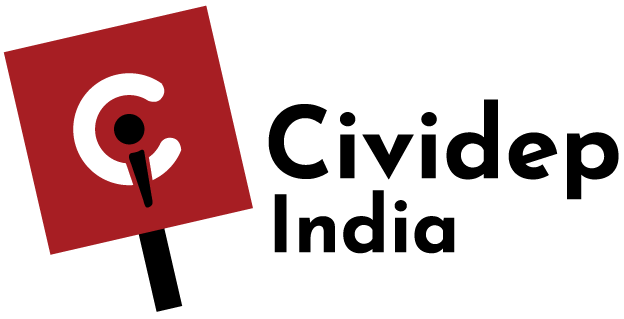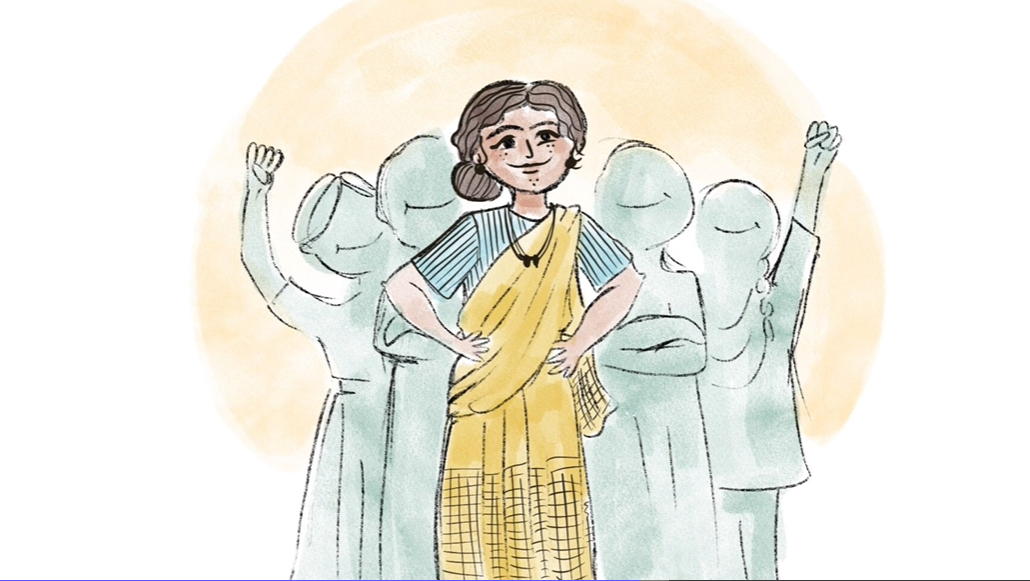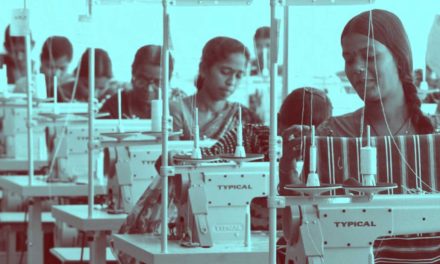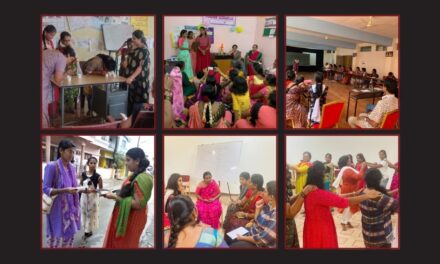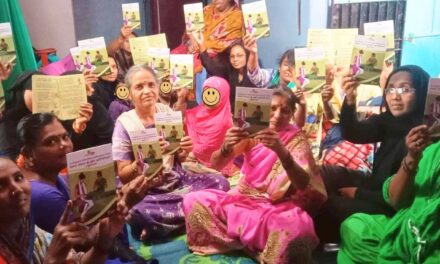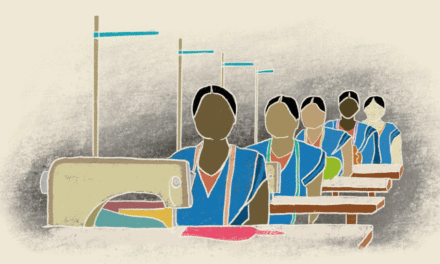STITCH- the Sustainable Textile Initiative: Together for Change comprises of six organisations—CDI, Cividep, CNV Internationaal, ETI, Fair Wear and Mondiaal FNV—and is funded by the Dutch Ministry of Foreign Affairs. The STITCH partners envision a global garment industry that contributes to an equal and just society by respecting human rights in the world of work. In 2021, they joined together under a common goal: to make sure that the people who produce our clothes—most of whom are women—are at the center of all decisions and actions in the value chain.
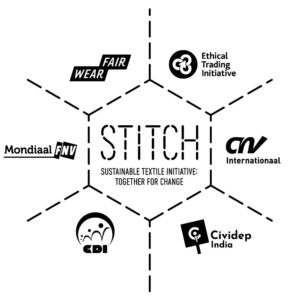
One of the aims of STITCH is to strengthen female leadership: ‘If you want to stop harassment and discrimination of women at the workplace, an important step is making sure that women are equally represented. Although most textile workers in factories are women, the management is predominantly men. And we see the same in trade unions and NGOs. If we want to address issues such as gender-based violence but also unpaid parental leave or unfair dismissal due to pregnancy, we need to realise more female leadership within workplaces, unions and NGOs.’
Part of the STITCH programming is the Gender Marker Tool, which serves as an instrument for the STITCH partners and allies to help guide them in implementing a gender lens in their project. It aims to start a dialogue and learning around gender, supporting progression up the framework to ultimately improve the quality of programming and outcomes for gender equality.
With these and other activities, STITCH commits to reducing gender-based disadvantages; addressing the stigma, stereotypes, prejudice, and violence workers face; and facilitating women’s participation in social dialogue and collective bargaining.
Join us during the first week of March to ask attention for addressing gender inequality by using the #BreakTheBias.
